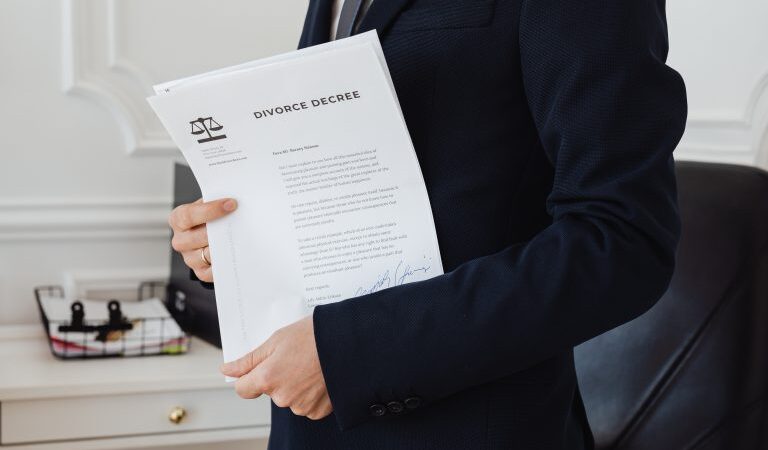
When you divorce or end a civil partnership you and your ex-partner will need to agree how to separate your finances. The separation of a couple’s finances is known as the financial settlement. Whilst some couples may be able to agree matters between themselves, many people still remain unsure as to how a financial settlement works in a divorce.
What is a financial settlement?
A divorce settlement is the agreement between two parties when their marriage is over. There are three main heads of a divorce settlement: private family orders, childcare orders, and a financial remedies order/financial settlement.
The financial settlement provides the divorcing couple with an opportunity to agree how their money and assets will be divided following their separation. It usually includes dividing:
- Pensions
- Property
- Savings
- Investments
- Life insurance policies
- Businesses
- Furniture and appliances
- Vehicles
- Collectables
It is important to remember that in the main, the list above will refer to matrimonial assets, the assets acquired during the marriage.
Non-matrimonial assets though are treated differently. Any financial assets acquired before or after the marriage will be classed as a non-matrimonial asset and will need to be protected by a pre- or post-nuptial agreement. If such an agreement has not been put in place, it may be difficult for the non-matrimonial assets to be considered within the financial settlement. Non matrimonial assets are then closely considered by the Court and can be included within the financial settlement if considered necessary in the process of obtaining a fair distribution of assets.
A financial settlement can be drawn up at any point during the divorce proceedings or civil partnership dissolution but once an agreement has been reached, it must be made legally binding. This is done by having a solicitor to draft a consent order which will officially confirm how the couple will divide their finances and other assets.
What else is included in a financial settlement?
As well as splitting their savings, property, pensions and insurance policies and their other physical assets, the financial settlement will also make provisions for any necessary financial support, for example child maintenance and spousal maintenance payments.
These payments will take into account the amount needed to continue to cover the cost of taking care of any children and making sure both the ex-spouse and the children are able to enjoy an acceptable and comparable standard of living.
How long does it take to reach a financial settlement in a divorce?
The speed at which a financial settlement is reached generally depends on two factors:
1. How well the two parties can communicate
This is because the process will usually involve a series of court hearings and the outcome of these hearings will be reached more easily if the parties are still communicating and are prepared – or even preprepared – to reach a realistic and fair financial settlement.
2. How complicated their financial affairs are
Obviously, the more that needs to be divided, the more complex the negotiations will be. If the parties’ have more financial and physical assets, it is best for them to bring everything to their lawyers before the hearings start.
What documents/information is required for the consideration of a financial settlement:
Everything.
‘Everything’ could include:
- Property information, in sole and joint names of the parties.
- Joint bank accounts, loans and/ or credit cards.
- Other financial affairs, e.g. their mortgage commitments and life insurance policies.
- Business accounts/documentation [3 years of tax returns if available]
- Pension polices
The distribution of pensions is dependent upon the policy, term and parties employment. The division of the pension of the pension is then considered in detail, e.g. is it best to award the ex-spouse a lump sum, to offset their share against savings or property or transfer the pension into their name?
How does the court decide what is a fair financial settlement in a divorce?
How the court decides what is fair will depend on several factors:
- The length of marriage
- The children of the parties – under the age of 18
- The age of the parties
- The assets each party has
- How each party contributed to the marriage or civil partnership financially and emotionally
- How long either party has been out of the workplace
- Each party’s current and potential earning capacity
- Each party’s standard of living before the marriage or civil partnership broke up
- Care requirements
The starting point is almost always a 50/50 split. However, this ratio will begin to alter once the factors above have been considered. This is where the discussions could very well become protracted and contentious.
As such, this is why making sure both parties have the best possible legal support and access to the experience required to ensure the fairest financial settlement is reached is paramount.
The barristers in Westgate Chambers’ specialist Matrimonial and Financial Remedy team have enormous expertise when it comes to securing financial remedies following divorce, cohabitation or the dissolution of a civil partnership. If you would like to discuss how we could help you, please contact us today.
Leave A Comment